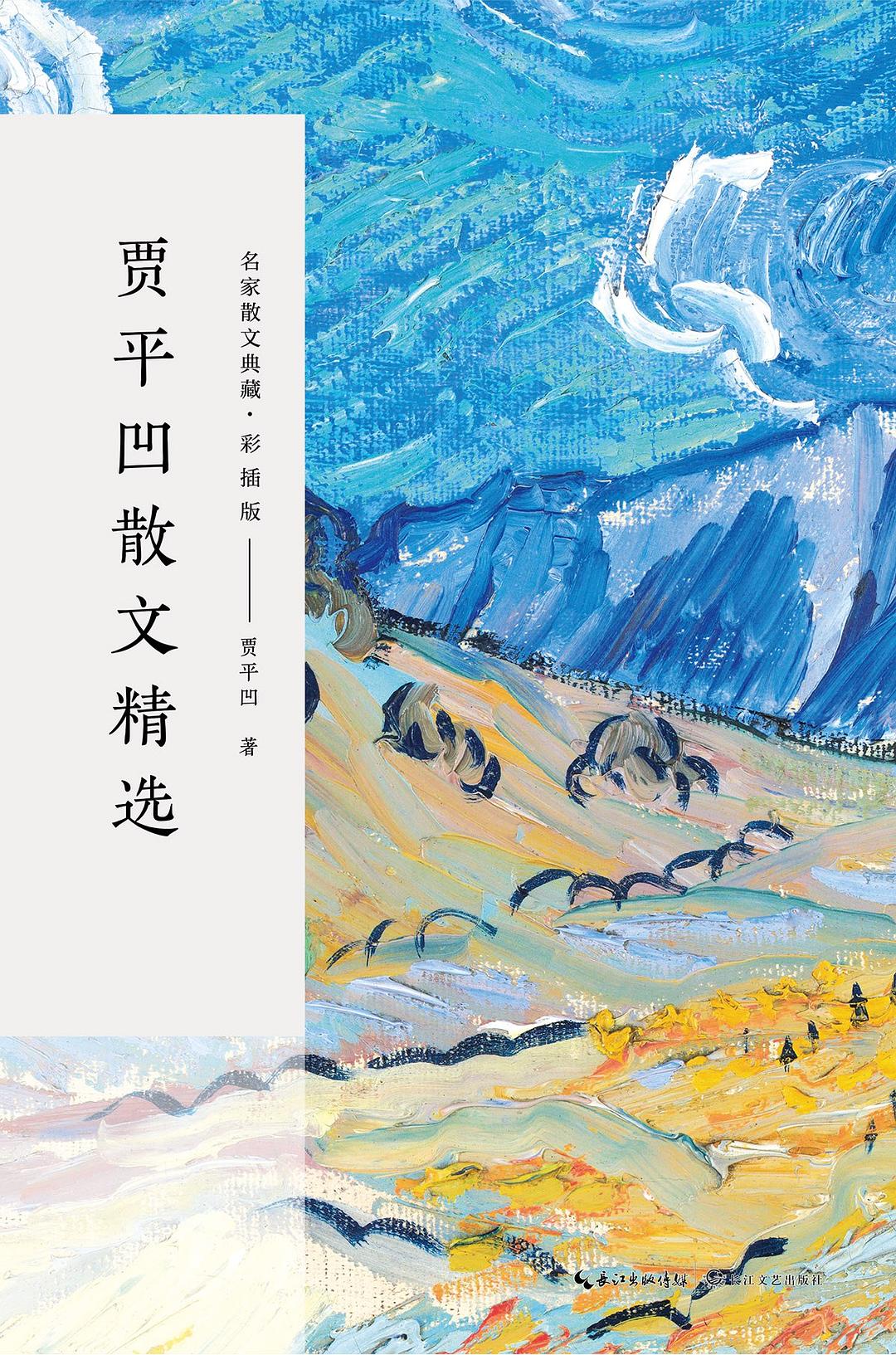WULOLIFE
《贾平凹散文精选(名家散文典藏·彩插版)》作者: 贾平凹 丛书: 名家散文典藏·彩插版
《贾平凹散文精选(名家散文典藏·彩插版)》作者: 贾平凹 丛书: 名家散文典藏·彩插版
Couldn't load pickup availability
Description
内容简介 · · · · · ·
这是一本特殊的散文集,由女儿与挚友慎重编选,贾平凹亲自审阅并绘插图。
“孤独”也好,“从容”也罢,都只是贾平凹生命中闪烁过的火花。这部选本侧重的是他一贯强调的古典文脉和现代意识的融汇,从生活、艺术、情感等各个方面入手进行梳理,目的是选出一批真正脍炙人口的文章,总体性地展现他散文创作的面貌,突显他不同于其他作家的个人特点,展现一个全面而真实的贾平凹。 。
第一个单元,以作家的生命原点为核心,向外辐射。
第二个单元,以1993至1994年他所写的谈人生百态的文章为主,以呈现生状态的表达。
第三个单元,是以《卧虎说》为发端,以《〈美文〉发刊词》为旗帜,以近年来4部长篇小说后记为进一步的实践,阐述的是他的文学观念.
第四个单元,以他的书画观关联着他的文学观。他将自己多余的才情倾泻在书、画上,同时书画创作又反过来影响着他的文学创作。这是他区别于当代大部分作家的一个重要方面。
第五个单元,谈人物,也是谈艺录。
散的特点。
第七个单元,他从西安的角度回望商州,又站在商州的角度观察、认知着中国。此后的小说创作,莫不如是。
第八个单元,收录目前中小学课本中选录的优秀散文,满足更多读者的需求。
作者简介 · · · · · ·
贾平凹,1952年生于陕西省丹凤县棣花镇,当代著名作家。中国作家协会副主席,陕西省作家协会主席。1975年毕业于西北大学中文系。1974年开始发表作品。著有《贾平凹文集》26卷。长篇小说代表作有《浮躁》《废都》《秦腔》 《古炉》《带灯》《老生》等。中短篇小说代表作有《黑氏》《天狗》《五魁》《倒流河》等。散文代表作有《商州散记》《丑石》《定西笔记》等。
其作品曾获得过茅盾文学奖、鲁迅文学奖、全国优秀短篇小说奖、全国优秀中篇小说奖、全国优秀散文(集)奖,以及美国“飞马文学奖”、法国“费米娜文学奖”、法兰西金棕榈文学艺术骑士勋章、香港“红楼梦·世界华文长篇小说奖”、“华语文学传媒大奖”、施耐庵文学奖”、“当代文学奖”、“人民文学奖”等。有三十多部作品被译为美、法、德、瑞典、意大利、西班牙、俄、日、韩、越文在二十多个国家出版发行。
